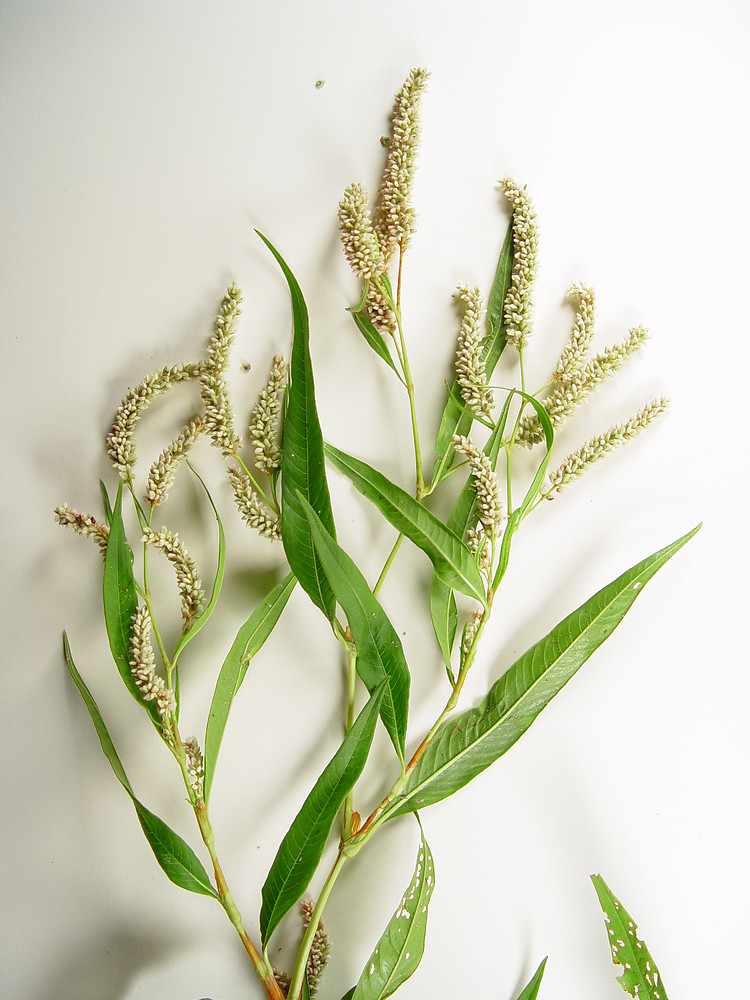The New England Botanical Club will meet Friday, December 1 at 6:45 pm and will host Dr. Alden Griffith, Assistant Professor of Environmental Studies at Wellesley College. Meetings at Harvard University are held in Haller Lecture Hall (Room 102), Geological Museum, 24 Oxford St., Cambridge, MA 02138 (door to right of Harvard Museum of Natural History entrance). Free and open to the public.
Dr. Griffith is an ecologist focusing on invasive plant population dynamics and environmental influences. His work is conducted at the Boston Area Climate Experiment (BACE) in Waltham, MA and uses Persicaria lapathifolia as a model species. An important goal is to explicitly link environmental factors to population performance using integral projection models. This work is a collaboration with Vikki Rodgers at Babson College. Also, he studies the capacity for invasion of Bromus tectorum (‘cheatgrass’) in east coast dune systems. There has been much research into the invasion of B. tectorum in the Western U.S., but there is very little known about its potential in the east. This work is being conducted at the Cape Cod National Seashore and focuses on relating population success to factors of both the abiotic environment and the background plant community. Another area of inquiry is the population-level consequences of positive interactions among plants. Interactions among plants are often assumed to be negative (e.g. competition), but there is growing interest in the importance of positive interactions, or plant-plant facilitation, in ecological systems. His research, in collaboration with Ray Callaway at the University of Montana, examines the overall importance of facilitation by neighboring plants for Smelowskia calycina populations at high elevation in Glacier National Park.
For more information visit www.rhodora.org. Image of dock leaved smartweed by David Cameron courtesy of our friends at New England Wildflower Society’s Go Botany!

